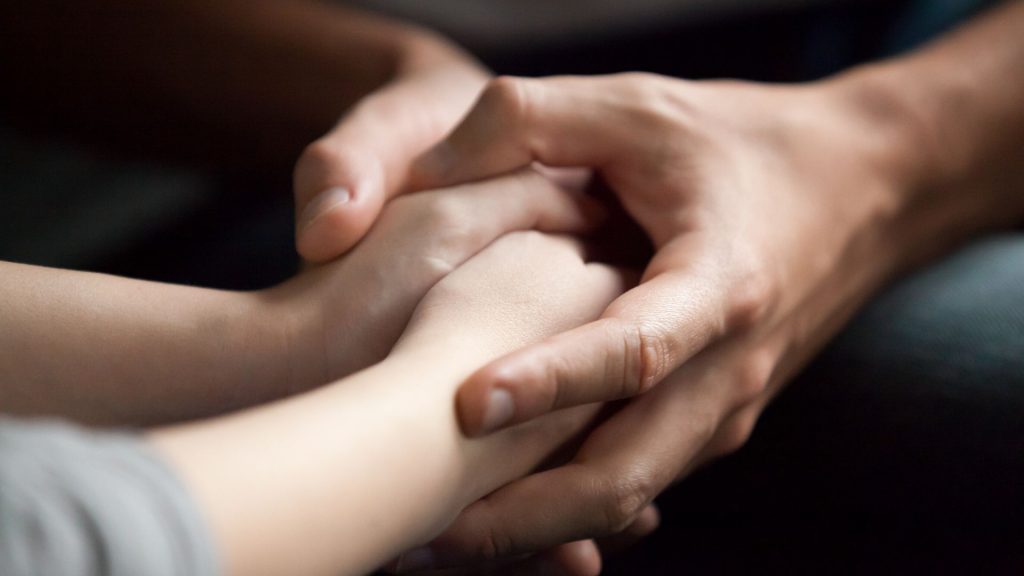Simone Biles’s exit shows us that it’s okay not to be okay

The American gymnast and four-time Olympic gold medalist, Simone Biles, announced her decision to withdraw from the team competition in the Tokyo Olympic Game on 27 July. She explained her decision to exit the game was her choice in focusing on her mental health instead of fulfilling the expectation of other people. She admitted that she initially wanted to pretend that she was not being affected by her pressure. Indeed, she admitted that she was facing such a high-stress situation this time and she needed to prioritise well-being and health first. In fact, Simone was open about her mental health issues. She was traumatised in her childhood as her mother was suffering from drug and alcohol abuse and was imprisoned more than once. She was also bullied by her classmates at school due to her bulky body built resulted from intense gymnastic training. She suffers from ADHD and needs to take medication for this problem. How would you comment on Simone’s decision? Is our mental health more important than winning a gold medal in the Olympic Game?
In a world valuing success and popularity, many people would choose to face high-stress situation despite their mental health being affected. It is common to see people suffer from depression, anxiety disorders, addiction, or other mental health problems due to high pressure and stress from work or family issues. For instance, a banker suffering from social anxiety and childhood trauma, forced oneself to socialise in work-related events. Due to his unresolved childhood trauma, he experienced extremely high level of stress in socialising events. As a result, he suffered from psychotic symptoms and depression in the end. In his journey of treating his psychotic depression, he only maintained below normal level of work and refused to attend socialising events. As other colleagues did not know about his mental health issues, they misunderstood him as being antisocial and unmotivated. In another example, a daughter refused to see her biological father regularly after reunion in a twenty-year separation. It is because she felt overwhelmed by her sadness, anger and disappointment for seeing her father’s lack of sense of responsibility and selfishness. Her other family members criticised her for being cold-blooded and unsympathetic.
In the three examples above, we realised that not all people would understand our decision to prioritise to take care of our mental health first than to strive for success and popularity. Despite this, we still need to be our own parent and trust ourselves to make suitable decision for us to take care of our well-being. To cultivate our wise inner parent, we need to be consistent in taking care of our needs. Sometimes, to take care of our needs, we need to say no to some invitations or duties. If we feel overwhelmed and stressed for a certain obligations, such as to accept invitation to participate in some projects in our career, we need to trust our inner intuition and set boundaries to protect our mental health. In fact, it is not shameful to let other people know our limitations or weaknesses when we withdraw from high-stress situations and admitted that we are overwhelmed. In other times, it may not be a good idea to let others know our weaknesses, but we still can set boundaries and say no to others. In these situations, we need to prepare that we might be misunderstood by others and be firm enough to protect our well-being and accept the fact that we are misunderstood.
Everyone of us need to take care of our own physical and mental well-being as a parent would do in our childhood. For many people with childhood trauma, their physical and emotional needs are not being taken care of by their parents. As an adult with childhood trauma, one needs to be one’s own parent and value one’s self-worth. To take care of one’s physical and emotional needs requires one to know one’s limitations and choose what is suitable and not suitable for one’s well-being. We do not need to be perfect in front of others and to fulfil others’ expectations. It is okay not to be okay.
When we feel not being Okay, we can withdraw and take good care of ourselves. Thereafter, we can return and face the challenges we would like to face. On 3 August 2021, Simone Biles returned to the Tokyo Olympic Game and won a bronze medal in the balance beam final. Congratulations Simone!



